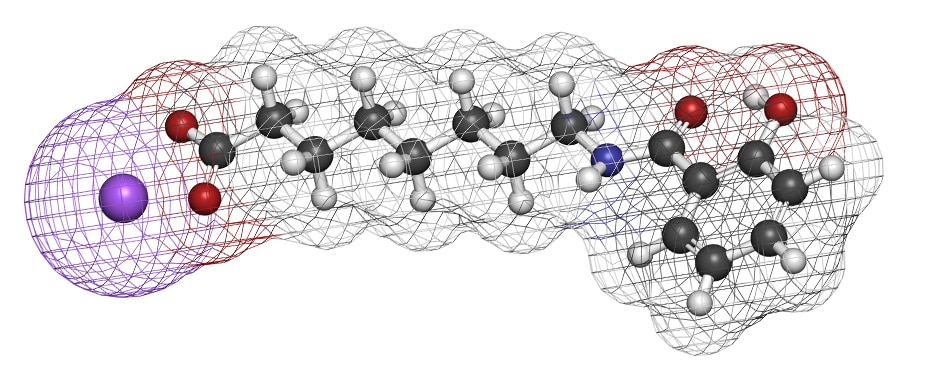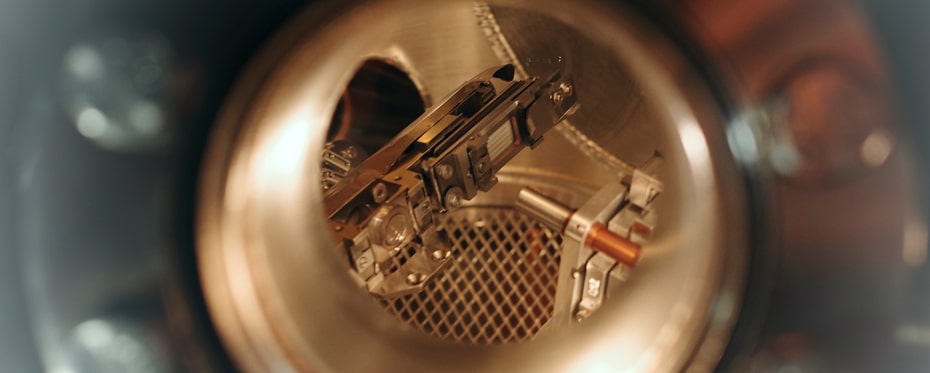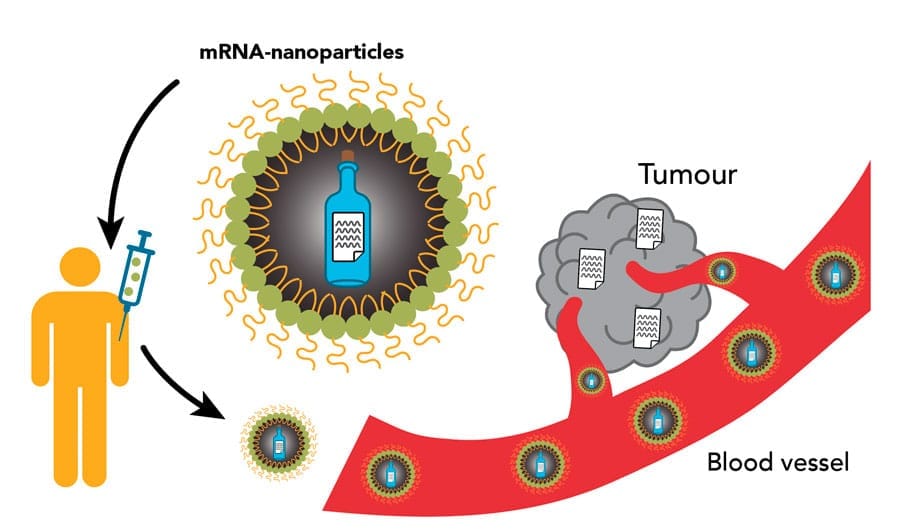Tag: nanoparticles
Nanoparticles as Trojan horses: A safe and effective way to deliver oncolytic viruses to treat all cancers

Advanced cancer often comes with a lack of treatment options. Immunotherapies like cancer-killing viruses – oncolytic viruses (OVs) – are becoming increasingly popular but are currently limited by their inability to be administered into the blood. However, Dr Faith Howard and Dr Munitta Muthana, researchers at the University of Sheffield in the UK, demonstrate that OVs can be injected into […]
Nanomedicine for the prevention and treatment of COVID-19 and other viruses

While many viral infections can be prevented through vaccination, it can take a long time for vaccinations to be developed for new diseases and many people object to themselves or children taking vaccines. There is a high need for quicker, readily available alternative treatments. Serial entrepreneur Professor Thomas J Webster thinks this could be achieved using nanomaterials. Webster’s research has […]
Read More… from Nanomedicine for the prevention and treatment of COVID-19 and other viruses
Using nanoparticles for effective immune system modulation

The development of nanoparticles is increasingly becoming an essential strategy in drug delivery. Professor Aws Alshamsan from King Saud University, Saudi Arabia, is an expert in the field of nanobiotechnology and designs drug delivery systems made of small synthetic polymers to target specific tissues with high effectiveness. These particles are internalised by the immune system, along with the drugs that […]
Read More… from Using nanoparticles for effective immune system modulation
What can peptide-coated nanoparticles tell us about the causes of dementia?

Kazushige Yokoyama, Professor of Chemistry at the State University of New York Geneseo College, investigates how peptides interact. Along with Akane Ichiki, an undergraduate student at the institution, his team have been investigating the peptides involved in fibrillogenesis, the process which occurs in the brain to form aggregates responsible for some of the symptoms involved in neurodegenerative diseases like Alzheimer’s […]
Read More… from What can peptide-coated nanoparticles tell us about the causes of dementia?
Nanotechnology provides new methods for oral delivery of peptides

One aspect of successful drug development is efficient delivery to affected organs. Most drugs are taken by mouth, travel to the intestines, are absorbed into the bloodstream, and circulated to organs of interest. However, a class of potent drugs known as peptides cannot withstand this abrasive route and are directly injected into veins, under the skin, or into muscles. Injections […]
Read More… from Nanotechnology provides new methods for oral delivery of peptides
Probing surface morphology with virtual plasmonic dimers

Nanoparticles exhibit electronic and optical properties that may significantly differ from those of bulk materials or small molecules. By exploiting the optical generation of plasmon dimers of nanoparticles in the vicinity of semiconducting surfaces, Dr Ingo Barke from the University of Rostock, Germany and his collaborators are proposing a new class of ultrasensitive sensors to probe the morphology of surfaces […]
Read More… from Probing surface morphology with virtual plasmonic dimers
Laser ablation in liquid: A powerful route to new nanoparticle catalysts

Dr Katharine Tibbetts (Virginia Commonwealth University) has been developing a novel approach for the synthesis of metal nanoparticles, based on a reactive laser ablation in liquid technique. She uses ultra-short laser pulses to ionise water molecules and generate a highly energetic plasma of electrons capable of reducing soluble metal ions to neutral atoms, which then coalesce to generate a nanoparticle […]
Read More… from Laser ablation in liquid: A powerful route to new nanoparticle catalysts
Designing catalysts bit by bit

Catalysis, using reagents to speed up chemical reactions, is big business. From synthesising new chemicals to cleaning up the exhaust fumes from cars and sustainable energy devices such as hydrogen fuel cells, catalysts play a huge role in our daily lives. Prof Roy L. Johnston and Dr Francesca Baletto at the University of Birmingham and King’s College London respectively are using novel computational approaches […]
A career in cancer

Dr Bruce Zetter is the Charles Nowiszewski Professor of Cancer Biology at Harvard Medical School. He is known internationally as an expert on cancer biology, diagnosis and treatment. He currently works to find treatments for highly aggressive, metastatic cancers and also serves as an advocate for young scientists and for improved relationships between academia and industry. Dr Bruce Zetter started […]